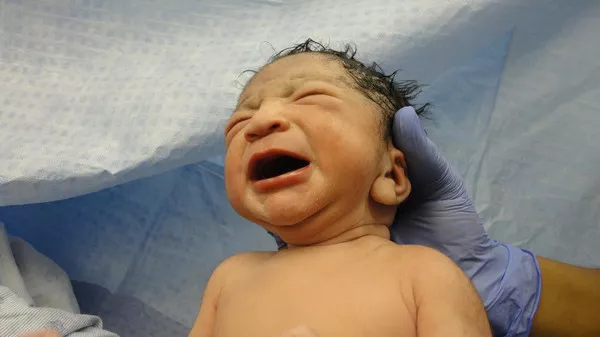In today’s rapidly evolving educational landscape, early childhood education has moved beyond the confines of traditional classroom settings. Creative Arts in Early Childhood Education is a concept that is gaining significant attention and recognition for its ability to nurture young minds in a holistic way. In this article, we will delve into what Creative Arts in Early Childhood Education entails, its numerous benefits, and why it is considered an indispensable component of early learning.
1. Defining Creative Arts in Early Childhood Education
At its core, Creative Arts in Early Childhood Education refers to the incorporation of various forms of artistic expression into the curriculum for young children, typically aged between three and eight years. This approach recognizes the value of creative expression, such as drawing, painting, music, dance, drama, and even storytelling, as a means of fostering a child’s imagination, emotional intelligence, and cognitive development.
2. The Multifaceted Benefits of Creative Arts
Creative Arts in Early Childhood Education offers a myriad of benefits that go far beyond simply painting or singing for fun. Let’s explore some of the significant advantages:
Enhancing Creative Expression: One of the primary goals of introducing creative arts in early childhood is to encourage self-expression. Children learn to convey their thoughts, emotions, and ideas through artistic mediums, which empowers them to communicate effectively.
Developing Fine Motor Skills: Engaging in activities like painting, drawing, or working with clay enhances fine motor skills. These activities require precision and coordination, which are essential for a child’s overall physical development.
Boosting Cognitive Abilities: Studies show that involving children in creative arts can improve their cognitive abilities. This includes problem-solving, critical thinking, and spatial awareness, which are vital for academic success.
Fostering Emotional Intelligence: Creative arts help children to better understand and manage their emotions. When they create art or express themselves through music or drama, they learn to process and control their feelings, which is crucial for healthy emotional development.
Promoting Social Skills: Collaborative activities like group painting or acting in a play facilitate the development of social skills. Children learn how to cooperate, share, and work together towards a common goal.
3. The Importance of Creativity in Early Childhood
Creativity is often regarded as the cornerstone of human innovation and progress. Nurturing creativity from a young age is essential for personal and societal growth. In early childhood education, fostering creativity is of utmost importance for several reasons:
Brain Development: Research suggests that creative activities stimulate various regions of the brain, supporting neural connections and overall brain development.
Problem Solving: Creative arts encourage children to explore different solutions to problems, which is a crucial skill in their academic and adult lives.
Building Confidence: When children create something unique and express themselves artistically, they gain a sense of accomplishment and confidence in their abilities.
Cultural Appreciation: Exposure to various forms of creative arts allows children to appreciate and understand different cultures, promoting tolerance and empathy.
4. Incorporating Creative Arts into Early Childhood Curriculum
The integration of Creative Arts into the curriculum of early childhood education demands a strategic approach. Here are a few ways educators can effectively incorporate creative arts:
Diversify Activities: Offer a variety of artistic activities, including drawing, painting, music, dance, and drama, to cater to different interests and learning styles.
Structured Play: Encourage structured play that focuses on specific themes or topics. This can be done through story-telling, art projects, or musical games.
Cross-Disciplinary Learning: Blend creative arts with other subjects, creating a comprehensive learning experience. For example, a history lesson can involve a creative art project related to the historical era being studied.
Cultivate an Open Environment: Create an environment where children feel free to express themselves without judgment. This helps in fostering their creativity and self-confidence.
5. Measuring the Impact of Creative Arts Education
To emphasize the importance of Creative Arts in Early Childhood Education, it is essential to rely on data and research. Studies have shown that children exposed to creative arts education tend to perform better in various aspects of their lives, from academics to social development.
According to a study published by the American Educational Research Association, children who engage in creative arts show higher levels of motivation, self-esteem, and a positive attitude towards learning. Moreover, they exhibit improved reading, writing, and math skills, which are crucial in early childhood development.
6. In Conclusion
Creative Arts in Early Childhood Education is not just about creating beautiful artworks or melodious tunes. It is a comprehensive approach to nurturing young minds, fostering creativity, and developing skills that will benefit children throughout their lives. By embracing creative arts in early education, we provide children with a solid foundation for a future filled with innovation, expression, and success.
In conclusion, it is imperative for educators, parents, and policymakers to recognize the significance of Creative Arts in Early Childhood Education and its profound impact on the next generation’s development. Through this approach, we can unlock the full potential of young minds and pave the way for a brighter, more creative future.


